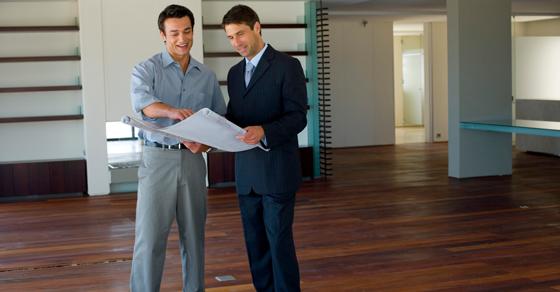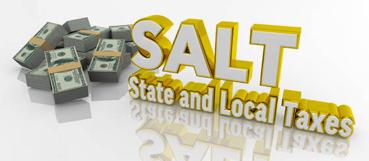Buy or lease? Both can benefit nonprofits

If your not-for-profit owns its own facility, it likely will have more control of work space than if you lease. However, ownership carries risks — and leasing can provide several advantages. If you’re trying to make a buy-or-lease decision, be sure to weigh the following factors.
Equity in owning
Buying a facility allows your nonprofit to build equity, and it can stabilize your cash flow and presence in the community. Owning can also be important if you want to accommodate special needs and configure and equip your space to certain specifications. For example, a physical therapy center might need to buy a facility because it plans to construct a swimming pool and locker rooms.
But when buying, it’s easy to bite off more than you can chew. Some organizations fail to project negative scenarios such as a funding drop or local government assessments. And there’s the risk of plummeting resale values. If you bought, what would happen if the neighborhood surrounding your building changed or if it were no longer near your client base?
Flexibility in leasing
Leasing office space or a facility can offer more flexibility than ownership. Say you’re uncertain about your client base and your organization could experience substantial growth or decline. It’s far easier to move when your lease expires than to sell real estate.
Perhaps you can secure an attractive long-term lease, one that guarantees only modest rent increases, and allows (and sometimes finances) reconfiguring the space to meet your needs. Another lease plus: Most repair headaches — and expenses — will be your landlord’s.
On the other hand, monthly rent can take a big bite from your budget with little return, and the cost can increase dramatically when it’s time to renew your lease. Fire insurance and real estate taxes also can be the renter’s responsibility if you have what’s called “a triple net lease.”
Comparing costs
Sometimes it’s difficult to decide whether to lease or buy the space you need for operations. In such cases, cost analysis can help you make an informed decision.
On the buying side, consider the property’s:
- Purchase price and financing terms, such as interest rates and closing costs of the new facility,
- Expected useful life for your operation, and
- Estimated value when you expect to sell it.
On the leasing side, gather information on the projected lease term, rate and renewal options available. Also estimate how much interest could accrue on the capital you would spend on a down payment, if you invested that money. Contact us for help crunching the numbers.
© 2019





